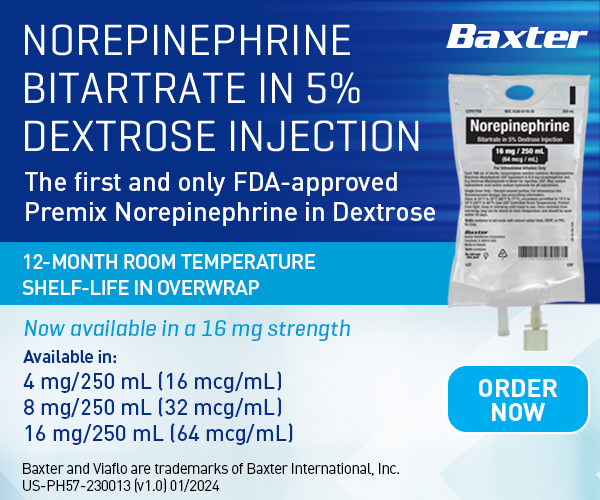PHILADELPHIA — With the Food and Drug Administration requesting withdrawal of ranitidine formulations due to a potentially carcinogenic contaminant, N-nitrosodimethylamine, a new study evaluated whether ranitidine use is associated with gastric cancer.
The retrospective multicenter, nationwide cohort study within the VHA focused on patients with Helicobacter pylori (HP) who were prescribed long-term acid suppression with either: (1) ranitidine, (2) other histamine Type 2 receptor blocker (H2RB), or (3) proton pump inhibitor (PPI)) between May 1, 1998, and Dec. 2018.
Researchers from the Corporal Michael J. Crescenz VAMC and the University of Pennsylvania took into account covariates including race, ethnicity, smoking, age, HP treatment and HP eradication. Defined as the primary outcome in the study published in Digestive Disease & Science was nonproximal gastric adenocarcinomas.1
Overall, the study team identified 279,505 patients who had HP and were prescribed long-term acid suppression medications; participants were a median age of 53.4 and 92.9% male.
Results indicate that, compared to ranitidine, nonranitidine H2RB users were more likely to develop cancer (HR 1.83, 95%CI 1.36-2.48). On the other hand, the study determined that PPI users had no significant difference in future cancer risk (HR 0.92, 95% CI 0.82-1.04), p < 0.001.
The researchers pointed to the following demographics as associated with future cancer development:
- Increasing age (HR 1.18, 95% CI 1.15-1.20, p < 0.001),
- Hispanic/Latino ethnicity (HR 1.46, 95% CI 1.21-1.75, p < 0.001),
- Black race (HR 1.89, 95% CI 1.68-2.14) or Asian race (HR 2.03, 95% CI 1.17-3.52), p < 0.001, and
- Female gender HR 0.64, 95% CI 0.48-0.85, p = 0.02), and
- Smoking (HR 1.38, 95% CI 1.23-1.54, p < 0.001).
The authors also advise that their secondary analysis showed decreased cancer risk in patients whose HP was confirmed to be eradicated (HR 0.24, 95% CI 0.14-0.40). No association between ranitidine and increased gastric cancer was found, they added.
“There is no demonstrable association between ranitidine use and future gastric cancer among individuals with HP on long-term acid suppression,” the researchers concluded.
- Kumar S, Goldberg DS, Kaplan DE. Ranitidine Use and Gastric Cancer Among Persons with Helicobacter pylori. Dig Dis Sci. 2021 Apr 15. doi: 10.1007/s10620-021-06972-w. Epub ahead of print. PMID: 33856609.

